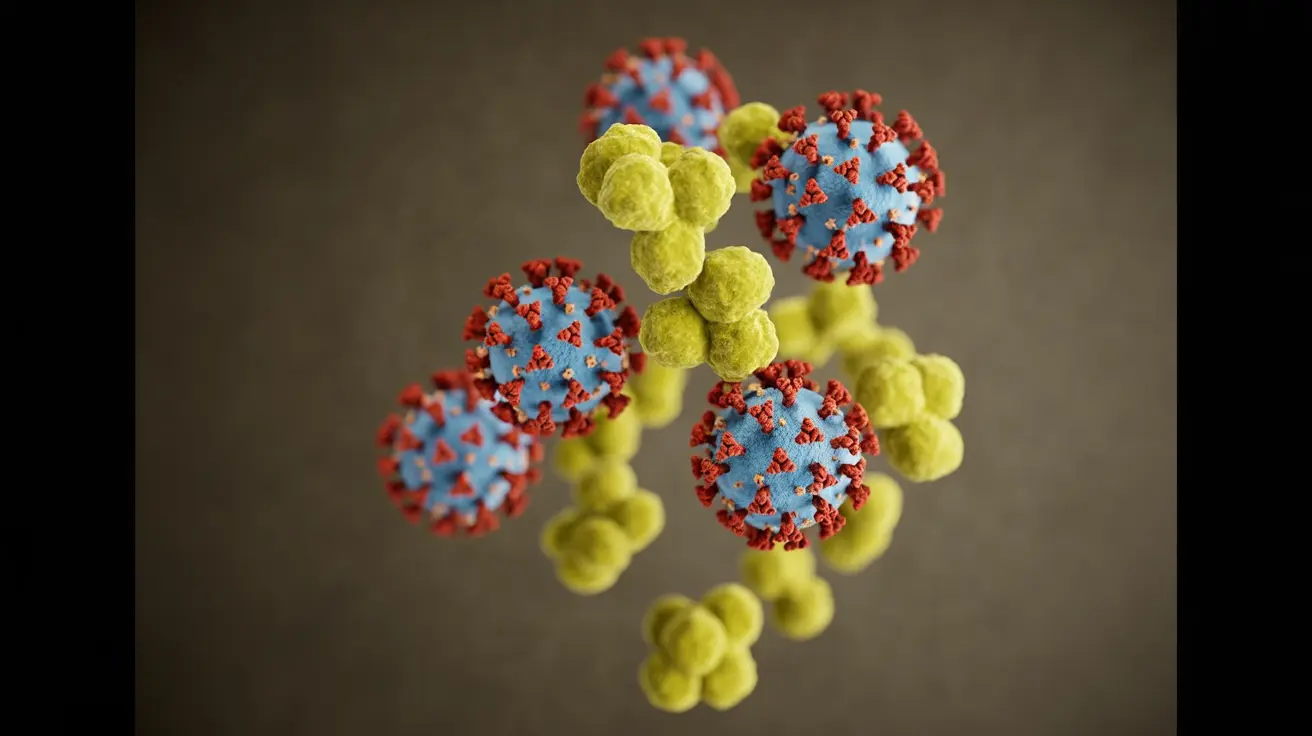Respiratory syncytial virus (RSV) is a common respiratory infection that affects people of all ages, but many wonder about their susceptibility to repeated infections. Understanding whether you can get RSV multiple times and how reinfection works is crucial for protecting yourself and your loved ones.
In this comprehensive guide, we'll explore the nature of RSV reinfection, factors that influence your risk, and what you need to know about multiple RSV infections throughout your lifetime.
The Science Behind RSV Reinfection
RSV infections don't provide permanent immunity, making it possible to contract the virus multiple times. When you get infected with RSV, your body develops antibodies that offer temporary protection. However, this immunity typically wanes over time, leaving you susceptible to future infections.
How Natural Immunity Works
After recovering from RSV, your body produces specific antibodies that help fight off the virus. These antibodies provide some protection, but their effectiveness decreases over months or years. Additionally, RSV has multiple strains, which means immunity to one strain may not fully protect against others.
Timing and Frequency of RSV Reinfections
The timing between RSV infections can vary significantly among individuals. While it's possible to get infected multiple times within the same season, most reinfections occur during different respiratory virus seasons. Various factors, including age, immune system strength, and exposure levels, influence how frequently someone might contract RSV.
Risk Factors for Repeated Infections
Several factors can increase your likelihood of experiencing multiple RSV infections:
- Age (very young children and elderly adults are more susceptible)
- Weakened immune system
- Chronic medical conditions
- Frequent exposure to the virus
- Environmental factors like crowded settings
Severity of Subsequent RSV Infections
Generally, subsequent RSV infections tend to be less severe than the initial infection. This is because your immune system retains some memory of the virus, even after antibody levels decrease. However, the severity can still vary based on individual health factors and circumstances.
Prevention Strategies
To reduce your risk of RSV infection and reinfection, consider these preventive measures:
- Regular handwashing
- Avoiding close contact with infected individuals
- Keeping surfaces clean and disinfected
- Maintaining good overall health
- Getting adequate rest and nutrition
Frequently Asked Questions
Can you get RSV more than once in your lifetime?
Yes, you can get RSV multiple times throughout your life. The immunity developed after an RSV infection is temporary and typically lasts only a few months to a few years.
How soon can you get RSV again after an initial infection?
You can potentially get RSV again within the same season, though it's less common. Most people develop short-term immunity that lasts at least a few months after infection.
Are repeat RSV infections usually less severe than the first one?
Yes, subsequent RSV infections are typically milder than the first infection because your immune system retains some memory of the virus, helping to fight it more effectively.
Is it possible to get RSV twice in the same cold and flu season?
While uncommon, it is possible to get RSV twice in the same season, particularly if you're exposed to different strains of the virus or if your immune system is compromised.
What factors affect the risk of RSV reinfection in children and adults?
Several factors influence reinfection risk, including age, immune system strength, exposure to the virus, underlying health conditions, and environmental factors like daycare attendance or living in crowded conditions.




